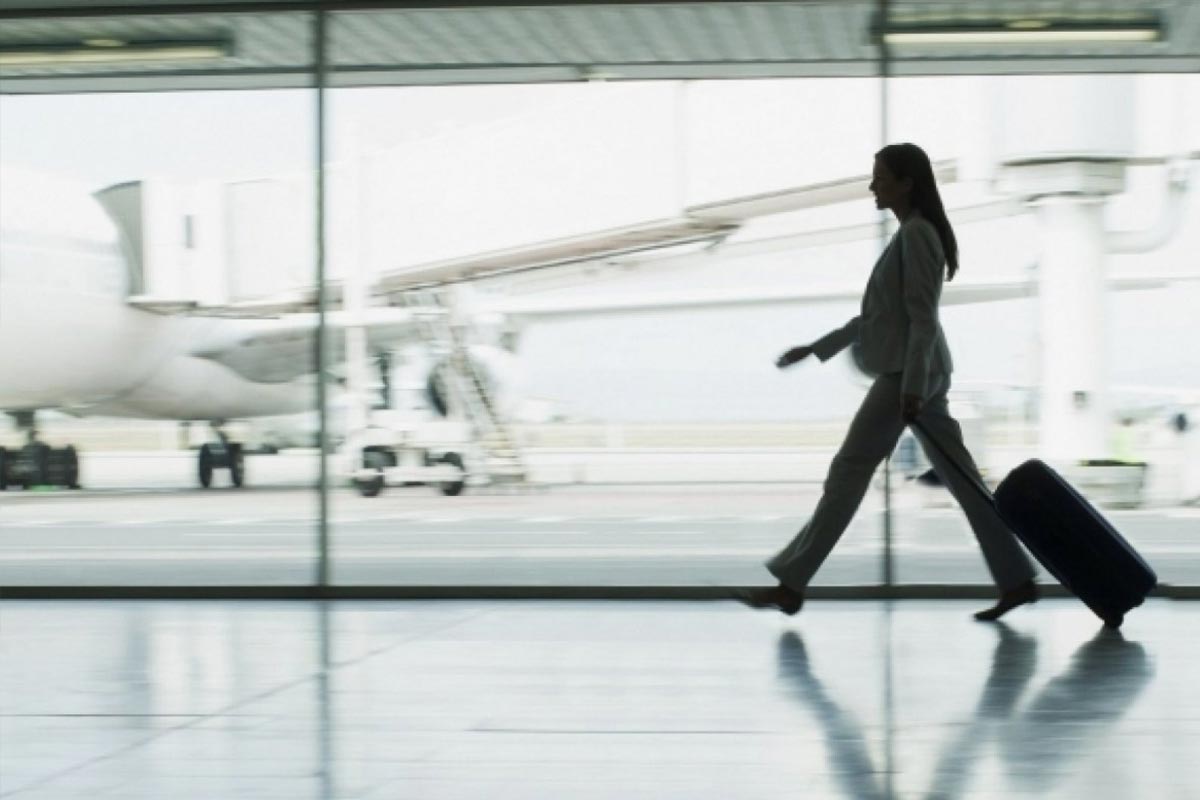Global travel prices are forecast to continue rising in the remaining months of 2022 and throughout 2023, a report released on Wednesday said.
Rising fuel prices, labour shortages and inflationary pressures on raw material costs are the main drivers of expected price increases, according to the Global Business Travel Forecast 2023.
Prices have risen across all regions in most spending categories, driven by pent-up demand, the desire to build company culture and an uncertain economic outlook.
Air fares have seen a particularly marked post-pandemic upwards shift.
Business travel flight prices fell more than 12 per cent in 2020 from 2019, followed by an additional 26 per cent decline in 2021.
Economy ticket prices fell more than 24 per cent from 2019 to 2021, while premium tickets fell 33 per cent. Prices are expected to increase by 48.5 per cent in 2022, but even with this large increase, prices are expected to remain below pre-pandemic levels until 2023.
After a 48.5 per cent increase in 2022, prices are expected to increase by 8.4 per cent in 2023.
Increased demand and continued price increases for jet fuel which have seen prices more than double in some markets to $160 dollars per barrel, according to S&P Global, are putting upwards pressure on ticket prices.
The overall cost per attendee for meetings and events in 2022 is expected to be about 25 per cent higher than in 2019 and is projected to increase by a further 7 per cent in 2023.
“Demand for business travel and meetings is back with a vengeance, there’s absolutely no doubt about that.” said Patrick Andersen, chief executive of travel management firm CWT which contributed to the report.
“Labour shortages in the travel and hospitality industry, rising commodity prices and greater awareness of responsible travel are all impacting services, but forecast prices are broadly [in line] with 2019.”
Hotel prices are also on the rise after falling 13.3 per cent in 2020 from 2019 and another 9.5 per cent in 2021. The report expects them to rise 18.5 per cent in 2022, followed by an 8.2 per cent increase in 2023.
Hotel prices have already eclipsed 2019 levels in areas such as Europe, Middle East and Africa, and North America — and are expected to do so globally by 2023.
Hotel rate increases were initially driven by strong leisure travel in 2021, but group travel for meetings and corporate events is improving and temporary business travel is picking up a healthy pace, putting further pressure on average daily hotel rates.
An integral part of many trips abroad are car rentals, and after falling 2.5 per cent in 2020 before rising 5.1 per cent in 2021, prices are expected to rise 7.3 per cent in 2022 and to climb a further 6.8 per cent in 2023.
With the automotive industry unable to produce cars at the volume it did before the pandemic — largely due to global supply chain issues — rental agencies are back to buying used vehicles to increase fleet size and are keeping their vehicles for longer periods.
Some agencies are also buying vehicles from carmakers outside of their historically supported brands.
Source: The National






